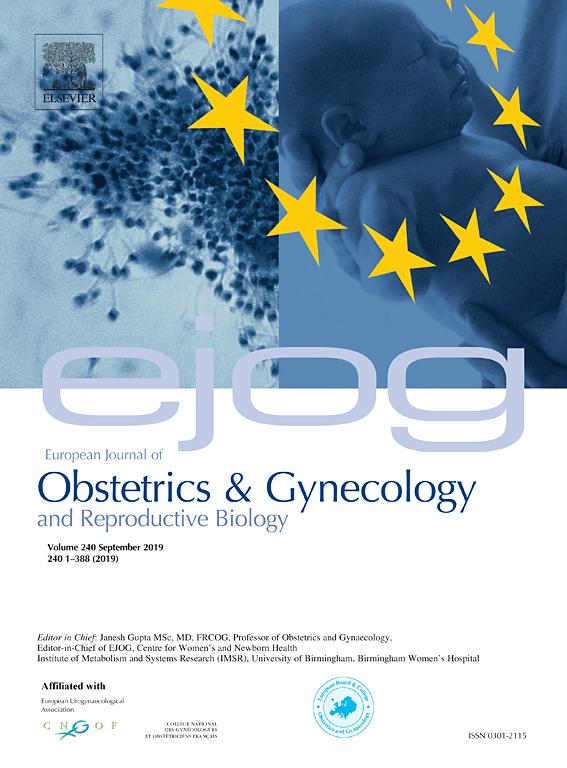
Before we present this week’s Weekend Reads, a question: Do you enjoy our weekly roundup? If so, we could really use your help. Would you consider a tax-deductible donation to support Weekend Reads, and our daily work? Thanks in advance.
The week at Retraction Watch featured the retraction of a paper that claimed that scientists were suppressing evidence about the risks of cell phones; the retraction of a study by the daughter of an embattled South Korean politician; and 22 retractions for a materials scientist that might be the tip of the iceberg. Here’s what was happening elsewhere:
Continue reading Weekend reads: Citation manipulation gone wild; astrology meets research; a classic mistake in a study of free will




